

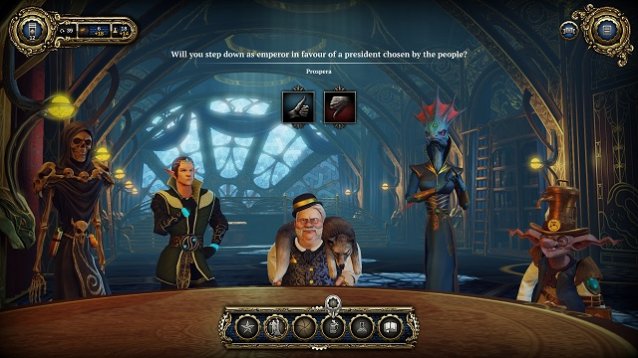
Larian Studios' latest game, Divinity: Dragon Commander, is something of a departure for the fantasy action role-playing game Divinity franchise. It's also a curious amalgamation. There are precious few strategy games featuring a card system, dragons with jet packs to control, and even a political simulation at its core.
At first glance, the are easy comparisons to make to The Creative Assembly's Total War series. The turn-based strategy of directing armies and capturing provinces on a grand map is present, as well the real-time combat when those armies come to blow. But those shared, broad qualities largely end there. It's less sophisticated in many ways, sometimes even downright tedious. In spite of that, the experience is elevated by an interesting set of mechanics and player involvement.
The heart of Divinity: Dragon Commander lies within its story campaign. The premise is simple - you play as the bastard son of the emperor of Rivellon fighting your siblings for control of the throne after they murdered your father. Your mother was a dragon disguised as a woman, however, granting you the power to transform into that mighty form during the heat of battle. The plot serves as little more than an excuse for gameplay purposes, but it uses the fantasy framework to tell more compelling stories.
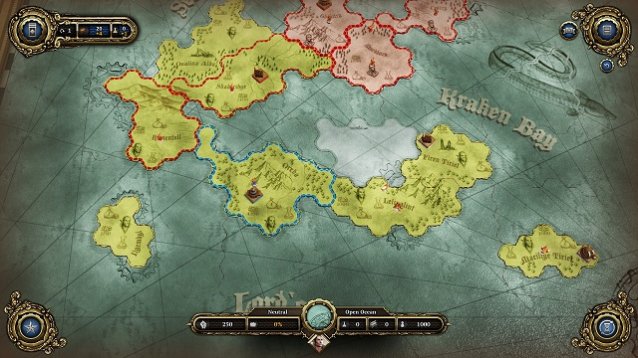
In between each turn of traditional gameplay finds you aboard your flagship vessel, the Raven. There are several areas that can be transitioned to with the click of a button where technologies can be researched and where advisors, generals, and diplomats await your input on important issues. Ambassadors representing the different races in the game - undead, elves, dwarves, lizards and imps - will regularly bring proposals often ripped from modern headlines to your attention, each putting forth the political ideologies of their people. Every ambassador has their say on how the empire should be run, and the decisions made not only impact the personal stories of those on the ship, but the support you have with those races on the ground, as well. My low favor with Yorrick's undead meant I could not field as many units in their territories, a potentially dangerous penalty as I pushed further across the map. A different proposal earned me reduced recruitment costs.
The sheer volume of proposals should allow for a great deal of replayability. Not every decision may be difficult, but the game does present a wide variety of topics from dwarven nude beaches, deportation, castle doctrine to referendums on the direction the government should take. It may even be prudent to support an ambassador you disagree with in order to aid the conquest of Rivellon. Many of those decisions then create new avenues of discussion or volatile situations with the game's generals. These too have gameplay implications, such as granting cards and improving their combat auto-resolve statistics. Eventually a queen has to be chosen from one of four princesses, all of which have their own differing personalities, agendas and dilemmas.
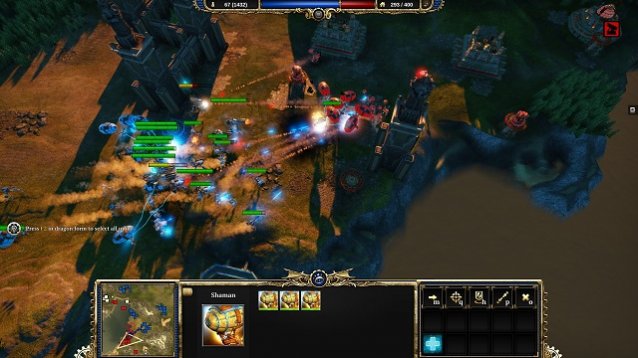
Those interactions are what drove me forward in the game more than any plan to capture new pieces of land. The cast of is diverse, with a multitude of clashing personalities on display. They don't always get along, nor get along with you, but watching their growth and reactions to my various decisions became the game's core hook. I'm hard pressed to think of similar strategy games that can create that level of investment.
The characters come alive with well-written dialog and a great presentation, as well. Their models are rich with numerous fine touches. Voice acting is surprisingly good across the board, making you believe their convictions. But their facial animations are of particular note, allowing them occasional expressions of uncanny realism.
Unfortunately, the same level of praise can't quite be said for Divinity: Dragon Commander's other pillars of gameplay. Both its turn-based strategic phase and its real-time combat are limited and unchallenging. The fun found is lukewarm rather than scalding, disheartening in a setting where you can breath fire as a dragon.

The strategy maps have the flat appearance and simple rules of a board game. The hand-drawn styling has some nice, etched details, but overall there's not a lot of information to convey. Territories only bring in a small amount of gold and research points. A single, non-upgradeable building can be placed in each, providing a flat bonus to those resources and/or generate various cards. Capturing an unoccupied territory is as easy as moving a unit onto that space. There is no diplomacy - politics aboard the Raven are solely about managing your empire - and every enemy must be defeated.
Every player can use cards during both gameplay phases. On the strategy map, these grant bonuses for your empire or sabotage the population and production of your enemies. Those only last a single turn, however, and so their effects don't feel like they have any major impact. That lack of weight isn't aided by an artificial intelligence that doesn't take chances. Divinity: Dragon Commander's limited options make it a game about numbers. And despite the AI's penchant for building up large armies quickly, it rarely sends the bulk of its forces against you in the normal difficulties. Much of the time spent in this phase consists of building a bigger army, occasionally fighting small skirmishes until you have enough troops to push to their capitol.
Navigating the map isn't lacking in any enjoyment, though. The cogs still turned in my head as I planned my route to victory across Rivellon's numerous territories and neighboring islands. Multiple fronts against multiple enemies, as well as a rather unfriendly starting position on its larger, second map, required some thought in where to position my troops. It's just not a particularly difficult nor exciting challenge once a foothold is established.
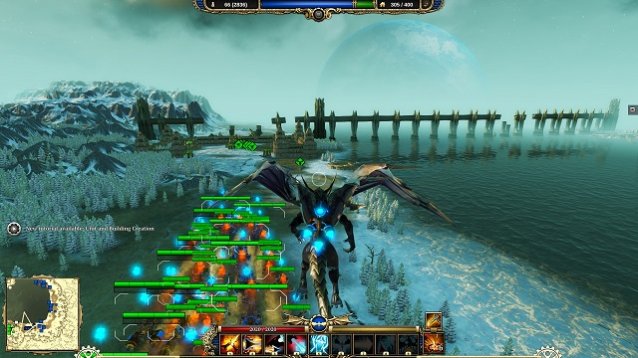
When opposing units occupy the same territory, a real-time battle can be fought; and like the strategy map, the response is a little tepid. At the start of combat, you control a single base with a recruitment citadel - buildings responsible for draining the shared population to your side and granting you a resource to recruit units - and empty, designated slots for constructing the factories responsible for building those units. Dotted across the maps are neutral bases. In order to win, you'll have to strangle the enemy's supply of recruits by capturing more of those bases, building recruitment citadels and destroying theirs.
That too is a rather uncomplicated affair. Divinity: Dragon Commander's real-time combat consists of amassing a large group of units, pointing them toward the enemy, and then watching them trade blows until only one is left standing. There's not much in the way of strategy other than mob mentality or filling the ranks with more expensive, heavy units than your foe has fielded. Units do have advanced abilities, as well as rock-paper-scissors traits, but it can be difficult to utilize them effectively when your army is a writhing, dumb clump. Additionally, everyone's units are the same, so the opposing clumps never look nor behave any different than your own.
The artificial intelligence is again predictable. They'll follow the same paths every time, making it quite easy to counter their routines. And with a basic combat model, it becomes a repetitive exercise, especially when repeatedly fighting on the same map. It's far too tempting to reach for the auto-resolve options - these consist of your four generals, which increase the odds of success at a small price in gold, or the imperial army for no cost but no bonus. That's a disappointingly a dire choice, however. It's possible to capture absolute victory even when the game predicts a 0% chance to win.
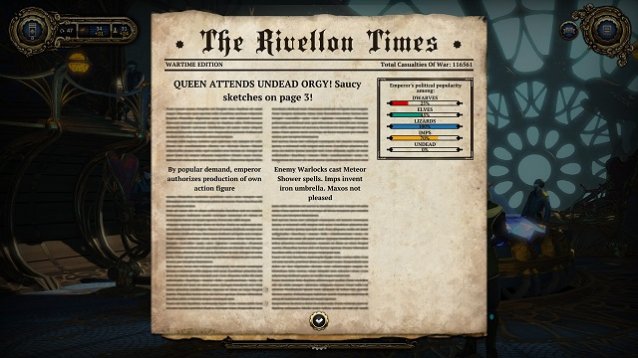
If you're out-numbered, there are two ways to balance the scales. Cards can be played before loading into the battle that grant bonuses to specific units, debuff the enemy's or employ extra troops at the start of the fight. The other is the ability to take direct control of a dragon, which is quite possibly combat's saving grace. Equipped with a jet pack, you can fly at blinding speeds across battlefields. At first it's quite fragile, but as upgrades and new abilities are researched, the dragon becomes a powerful tool. It's quite a bit of fun decimating scores of units yourself to turn the tides. Basic orders can also be given in this form, though you'll have to exit it to do anything more complex than directing your army to a target.
Divinity: Dragon Commander does feature online co-operative and competitive multiplayer between skirmish and campaign modes. Being able to strategize with a friend makes the turn-based and real-time phases more enjoyable. But multiplayer lacks that flagship vessel and its content from the single-player campaign. Without it, my friend and I quickly became bored of simple conquest.
Larian Studios has done some wonderful, charming work on Divinity: Dragon Commander. The political and personal decisions made between generals, diplomats and queens create a web of reactions that are fun to follow. It wasn't difficult to become invested with the personalities and stories of those characters. It's almost worth recommending the game on that content alone. But that's only one portion of the experience, the other two of which aren't nearly as rewarding. Despite its flaws, this is a direction for the franchise I want to see more of, and I can't wait to get back to championing the rights of naked dwarves and undead artists across Rivellon.
7.5 out of 10
A copy of the game was provided by the publisher for the purposes of this review.

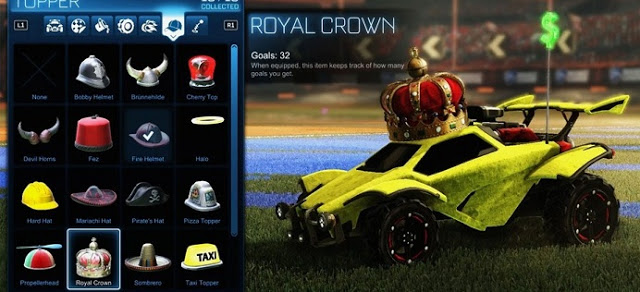
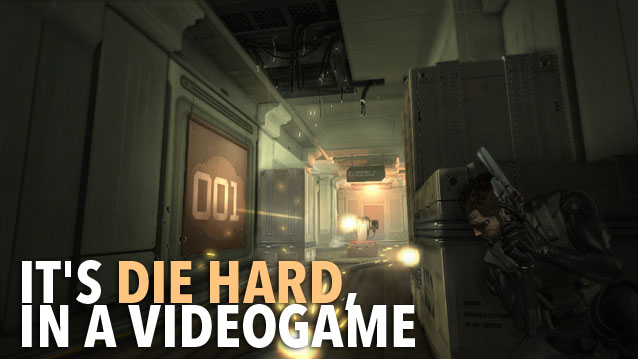
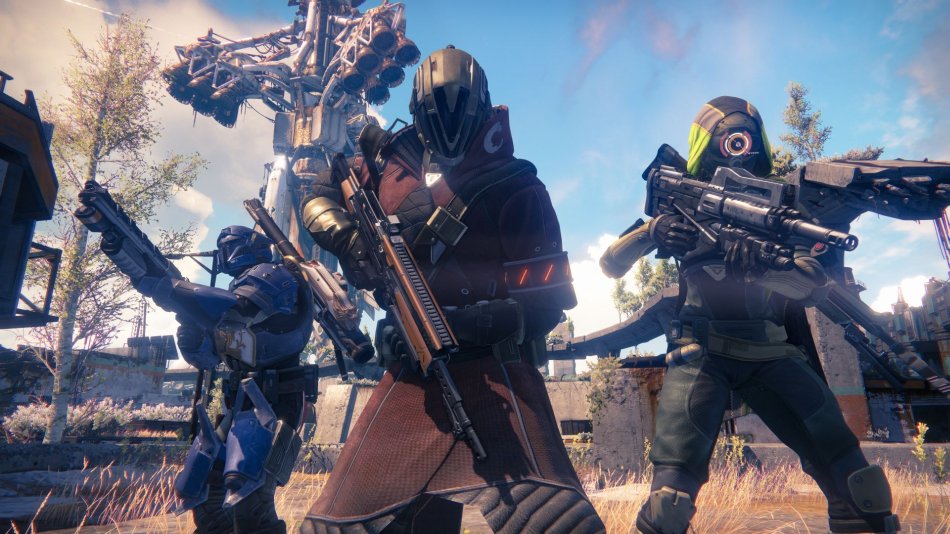
 5 Beginner Tips for Slayage in Shadow of Mordor - Twinfinite
5 Beginner Tips for Slayage in Shadow of Mordor - Twinfinite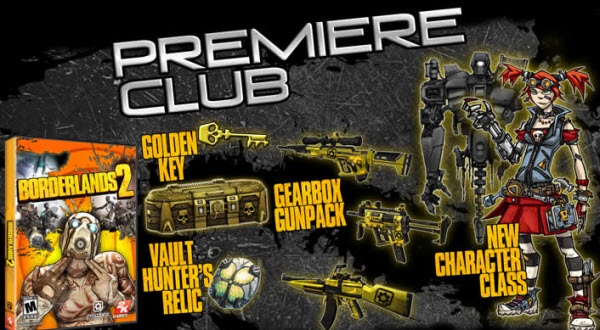 Watch Out! These 7 Game Pre-Order Bonuses Are Total Rip-Offs
Watch Out! These 7 Game Pre-Order Bonuses Are Total Rip-Offs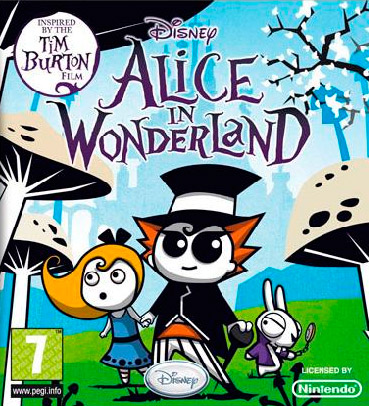 Top 10 Best DS games of 2010
Top 10 Best DS games of 2010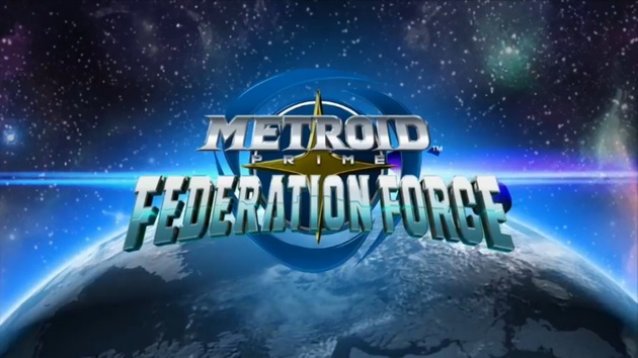 Metroid Prime: Federation Force is a Disappointment, Antagonistic Media Labels Fans Entitled
Metroid Prime: Federation Force is a Disappointment, Antagonistic Media Labels Fans Entitled 5 Reasons Why You Shouldn't Buy a Smart TV in 2016
5 Reasons Why You Shouldn't Buy a Smart TV in 2016